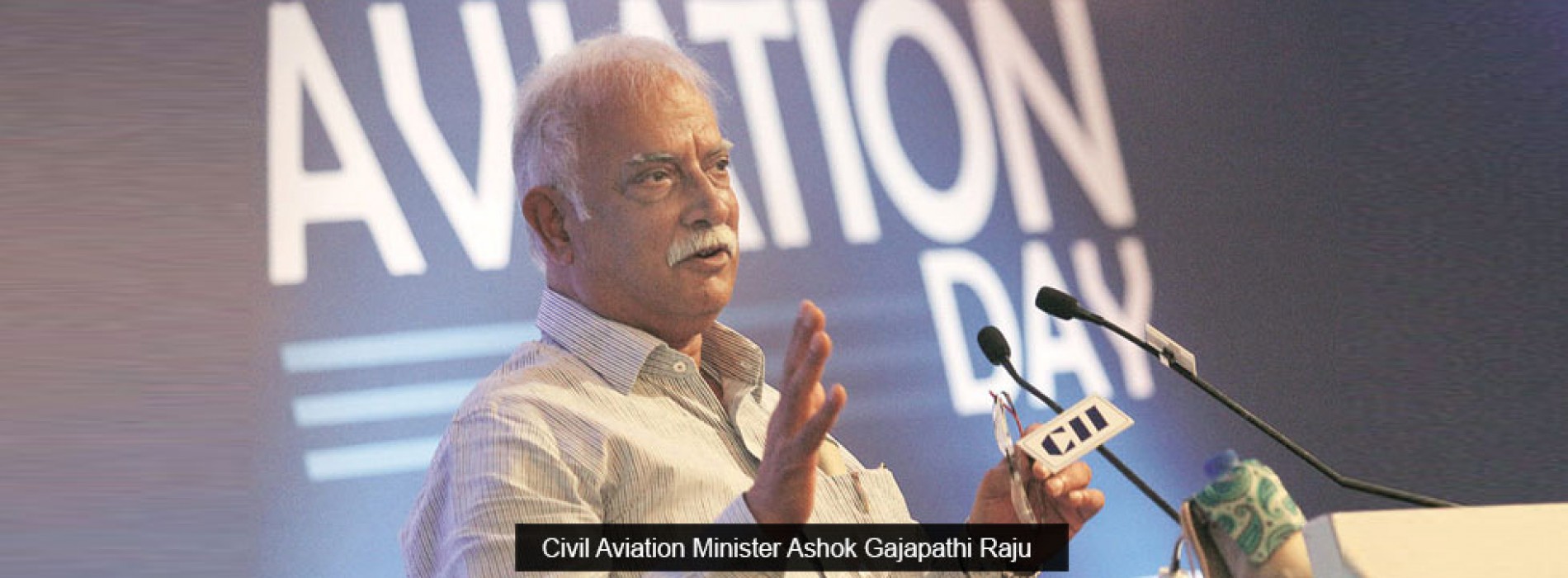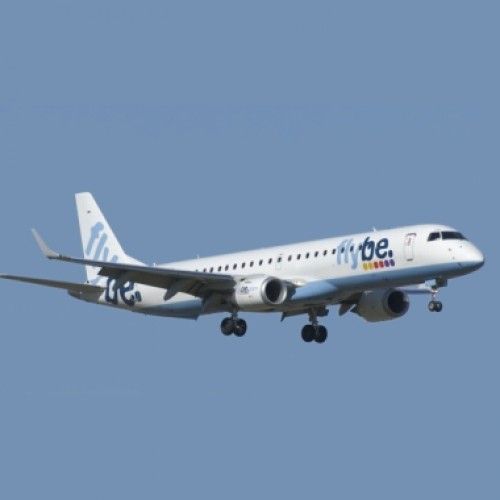Cabinet clears civil aviation policy
Expect better fares, passenger-friendly amenities
The Union Cabinet cleared the Civil Aviation Policy unveiling a slew of passenger-friendly measures including capping of airfares at Rs 2,500 for an hour-long flight. The Civil Aviation Ministry had sent the civil aviation policy to Cabinet for approval on June 3. The NDA government had for the first time unveiled the policy draft in November 2014, subsequently replacing it with another draft in October 2015.
The policy aims to bolster the domestic aviation sector by tapping its high growth potential with provisions such as capping airfares at Rs 2,500 for a one-hour flight, auctioning of unilateral traffic rights, tax incentives for airlines, maintenance and repair works of aircraft besides mooting 2 per cent levy on all air tickets to fund regional connectivity scheme and providing viability gap funding for airlines to encourage operate on regional routes.
The issue of international flying norm or the 5/20 rule has witnessed extensive debate, with legacy carriers opposing any changes to the rule, while start-up airlines frantically demanding its scrapping. Civil aviation minister Ashok Gajapathi Raju said the new policy will be a “game-changer” and that the country’s aviation sector is poised to become the world’s third largest by 2022.
Some of the highlights of the new policy are:
1. Under no circumstances can ticket cancellation charges be more than the “basic fare”. Carriers also cannot levy additional charges to process refunds for flyers.
2. Airlines will have to refund all statutory taxes levied in the event of flight cancellations.
3. In case of checked-in baggage, the airlines would be charging Rs 100 a kg for baggage in excess of 15 kg and up to 20 kg. At present, Rs 300 is levied for every kg of baggage beyond the 15-kg limit. Only Air India allows free baggage up to 23 kg.
4. Airlines will, though, be free to charge any fee on the baggage beyond 20kg.
5. With regard to being denied a hotel room in the event a flight is overbooked, the government has proposed a compensation of up to Rs 20,000 subject to specific conditions.
6. No compensation will be paid if a passenger is informed about a flight cancellation at least two weeks before the scheduled departure of a flight, and if the airline has arranged another flight depending on the passenger’s convenience. This would be applicable, subject to conditions, even in instances where the passenger has been informed about the cancellation less than two weeks before and up to 24 hours before the scheduled departure of the flight. In such cases, there would be no compensation if the carrier has arranged an alternate flight scheduled to depart within two hours of the scheduled departure of the cancelled flight.
7. For cancellations, the financial compensation would be Rs 5,000 or one-way basic fare plus airline fuel charge, whichever is lower, for flights having a block time of up to one hour. This amount would be Rs 7,500 in case of flights that have a block time of one to two hours. For flights that have a block time of more than two hours, the financial compensation would go up to Rs 10,000.
8. The option of holding a refund amount in credit by the airline would be decided by the passenger.
9. The onus of the refund of tickets which are booked through travel agent or portal will be on the carriers.
10. The refund process must be completed within 15 working days in case of domestic travel and 30 working days in case of international travel.
11. For foreign airlines, the refund must be in accordance with the regulations of their respective countries while the mode of refund will be governed by Indian norms.
News Source: indianexpress.com & timesofindia.indiatimes.com
You might also like
Goa – a ‘lens’caping Paradise
A special feature on the occasion of ‘World Photography Day’: 19 August 2017 Is photography a hobby or are you a professional Destination Photographer? One of the biggest perks in photography is ‘travel’ as it takes
AVANI to debut in the Maldives with development of AVANI Fares Resort
AVANI Hotels & Resorts is thrilled to announce the development of its first resort in the Maldives. AVANI Fares Maldives Resort will be located on Fares Island in the Baa
Flybe sees passenger revenues increase for third quarter
Regional carrier Flybe has recorded 8.5 per cent growth in passenger revenue to £159 million, for the three months ending January 31st. The news comes as the airline also saw








